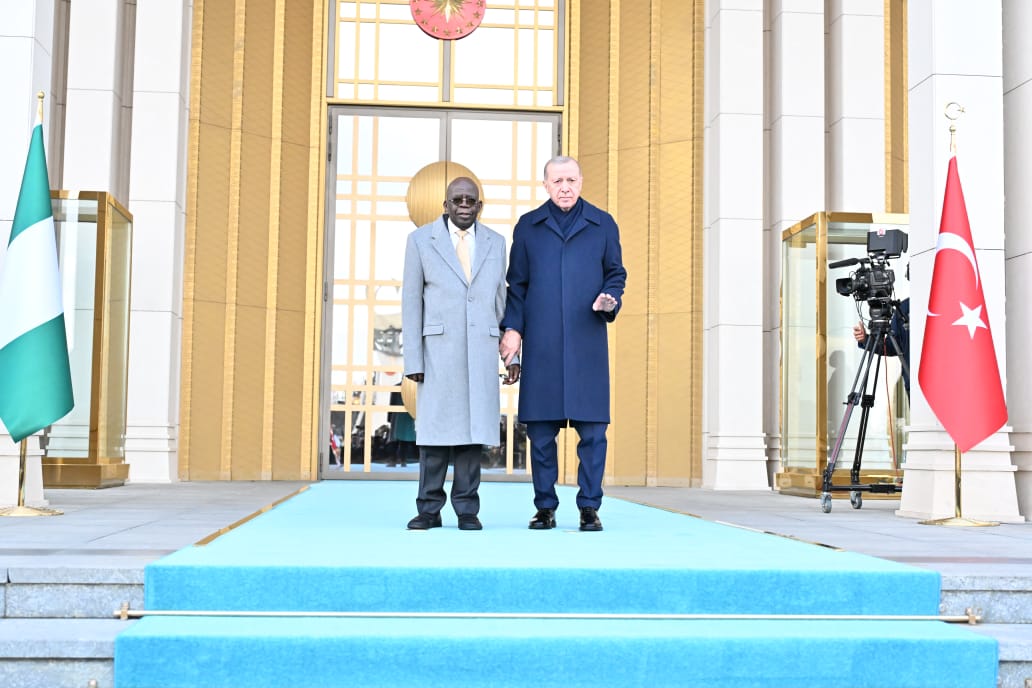EXCLUSIVE: Why Tinubu, staggered, tripped in Ankara
January 28, 2026PAG Calls for Active Voter Participation Ahead of 2027 Elections
January 25, 2026Again, Naira Weakens At Official Market
Again, Naira Weakens At Official Market

The naira depreciated at both the official and parallel markets on Monday.
At the official, Nigerian Autonomous Foreign Exchange Market, the naira dropped to 1,523.85 per dollar, depreciation from the previous close of 1,509.67 to the American greenback.
NAFEM is the market trading segment for Investors, Exporters, and End-users that allows for forex trades to be made at exchange rates determined by prevailing market conditions.
The naira traded at an intra-day high of 1,540.75 and a low of 1,474.05 to a dollar. Turnover stood at $133.46m higher than $116.88m on Friday, indicating improved liquidity in the market.
On the parallel market, findings revealed that the naira depreciated by 0.33 per cent, ending the day at 1,528 per dollar compared to 1,523 per dollar on Friday.
Last week, the foreign exchange market experienced relief for the naira due to reduced speculative activities, causing the naira to strengthen against the United States American dollar across market segments.
At the end of the first half of 2024, the naira emerged as the worst-performing currency in the world.
According to a report by Bloomberg on Friday, depreciation, insufficient dollar liquidity, and market volatility have hindered efforts by the Central Bank of Nigeria to strengthen the currency.
Besides the naira, Egypt’s pound and Ghana’s cedi were the world’s other worst performers in the first six months of the year.
Meanwhile, International financial analytics corporation, S&P Global, has described the Dangote Oil Refinery and Petrochemicals company as capable of resolving Nigeria’s forex issue and its pressure on the local currency, while boosting economic development.
END.










